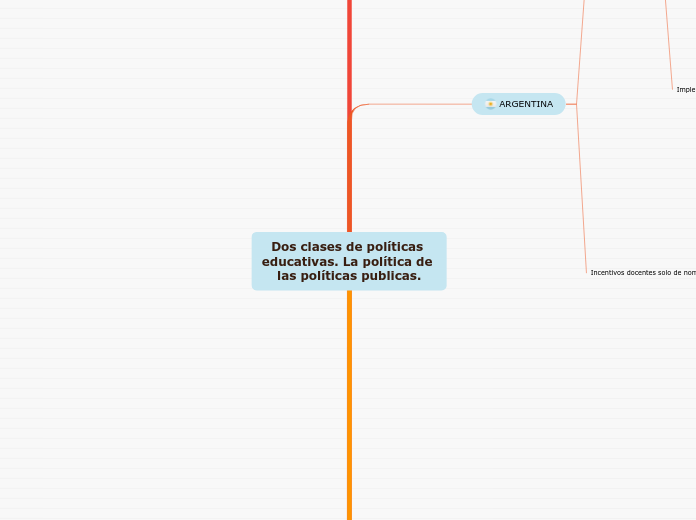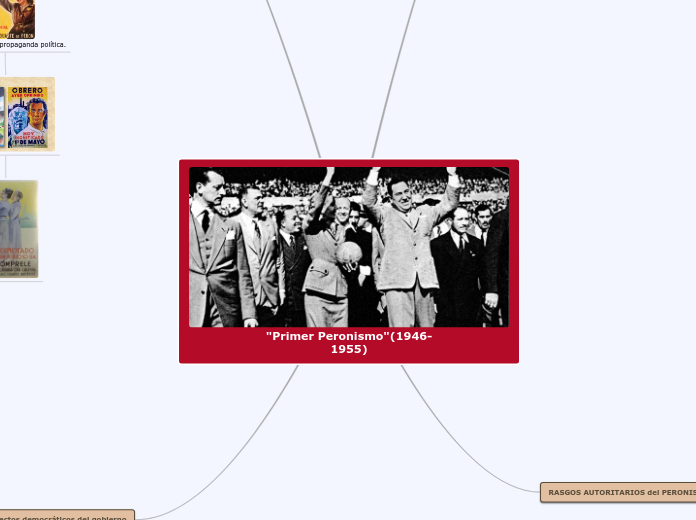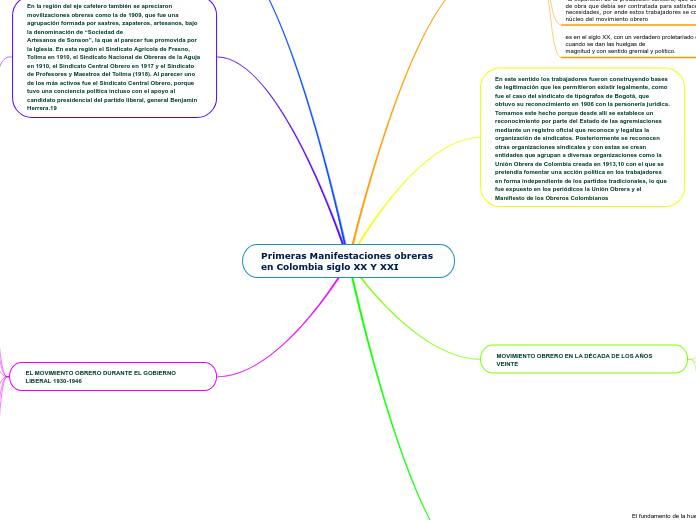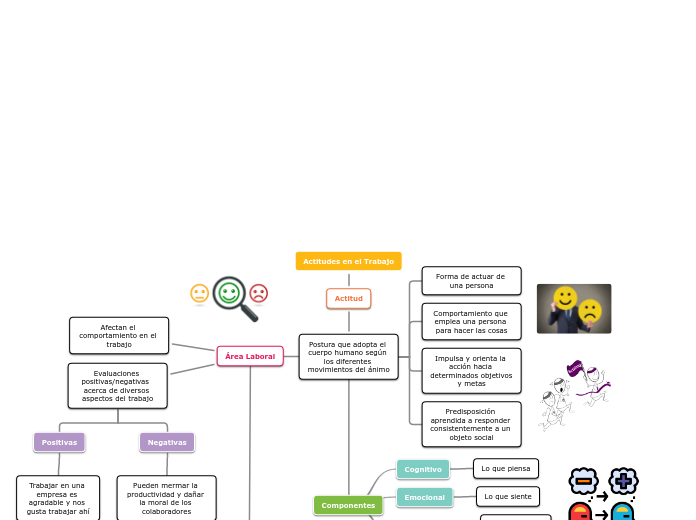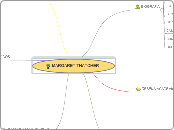Dos clases de políticas educativas. La política de las políticas publicas.
To name your story, you have to think about the overall message and what you want your audience to understand from the story. Also, make it relevant and easy to remember.
CHILE
¿Excepcion a la regla? La creación de incentivos docentes
Remuneraciones
mecanismos estables
Formulación
Politicas nacionales
Orientadas
Interés publico
Estables
Informacion disponible
Criterio complejos
Incentivo de equipo
SNED
Colegio de profesores
Legitimidad
Evaluacion de desempeño
Sistema vigente
Acuerdo Marco para la modernizacion de la educacion chilena
Consenso publico
Sector privado
Fortalecer la profesion docente
Conseciones sustanciales del sindicato
Aumento salarial
Sector publico
1990 - Marzo 2001
Oposición de sindicatos
Declaraciones publicas
1990 - 1997
Tasa de matricula
Aumento
Recursos docentes
Fuerza laboral 10%
Aumento de salarios
Programas educativos
Reforzaron
Condiciones de trabajo
Conocimiento especializado
Ingresos docentes
Aumentaron
Regimen laboral especial
Negociaciones estatales
Previsibilidad
Relación
Confianza
Aumento de regeneraciones
1990
Concertacion democrática
Sistema de bonos educacionales
Transferencia de la administración
Municipios
Escuela publica
Reformista
Caracter activista
Sistema Nacional de evaluación del desempeño docente
PFP
BRASIL
The ending of a story is essential. We all know that if the ending is weak, what happened before loses its importance. So make it unpredictable, but fair. A resolved ending answers all the questions and ties up any loose threads from the plot.
Estrategias para arreglar la descentralizacion
This is the moment when the main character surpasses the last obstacle and finally faces their greatest challenge.
The climax usually follows one of these patterns:
- realization
- resolution
- choice
Type in your answer.
Mejoraron
Coordinación de la política
NO EXISTE
Sindicato docente
Carece
Sindicalismo docente
Gobierno estatal
No asume el peso
Peso Político
1998 - 2000
Numero de estudiantes en secundaria
Gasto anual
Matricula
Incremento
(FUNDEF) Fondo de mantenimiento y desarrollo de la enseñanza fundamental y de valoración del magisterio
Reformas educativas de mayor alcance
América Latina
Gobiernos subnacionales
Acoger niños
Estabilizar gasto
Escuelas primarias
Ámbito nacional
Gobierno Federal
Aportar
Gasto por alumno
Mucho
Distribución de recursos disponibles
Poco
Recursos para la educación
Financiamiento
Organización
Educación descentralizada
1996
Equipo
Ministerio de educacion
Programas específicos
Reformar
Diseñar
Gestionar
Municipalidades
Estados
Fernando Henrique Cardoso
Sistema educativo
Influencia política
Obstaculos
Equidad
Calidad de vida
Desigualdades regionales
1995
Sector Publico
Economía
Modernización
Elite
ARGENTINA
The middle of the story is where you add layers of complications that will lead to the end. Reveal more about the character's journey. Did their personality go through changes? How did they overcome the challenges? And as you build up the story’s central conflict, make it more personal to that character. Also, from the middle act, you have to lead into the final act.
Incentivos docentes solo de nombre
Your character(s) need(s) motivation in order to solve the challenge(s).
(FONID) Fondo nacional de incentivo docente
Secondary characters might also have motives that lead them to cross paths with the main character or which might trigger them to help the main character.
Ley 1998
FONID
Financiación
Impuesto automotor
Colapso
25% recursos
1999
FIN
Campaña carpa blanca
1.003 días
Compromiso
2 años
Presupuesto general
Incentivos
Fernando de la Rua
Grandes transferencias
Prestación
Ministerio de educación
Complementación
Gobiernos Provinciales
Desempeño
Gobierno federal
Provincias
Desaceleraciones económicas
Why does your character need to confront this challenge? What does he/she expect to accomplish by solving it?
See a few examples:
- will marry in 3 days
- can fix the mistakes of the past
Congreso Nacional
Carpa blanca
Respaldo publico
Presión política
Objetivo logrado
Malas remuneraciones
Ejecutivo Nacional
Salarios
Responsabilidad provincial
1995 - 1999
Matriculas
Clases
Huelgas
Each story has a main character and that character usually needs to solve a problem or challenge. The character's challenge is the one that creates tension throughout the story.
Implementacion
Politica educativa
Calle
DescentralizaCION de CTERA
Argumentos ideologicos
Ley 1993 - 1991
Imposición
Nueva legislación
Obstaculizaciones
Retrasos
Rechazos
1991
Type in any other challenges which other characters in the story need to face.
Gobernadores
Adopción
Reformas estructurales
Ministerio provinciales de la educación
Ministerio federal
Inversión
Proyectos de infraestructura
Planes de estudio
Evaluaciones
Escuelas
Estados provicionales
Sufragacion
Administración
Amenazas
CTERA
Neutralizo
Sindicatos
Oposición
Recurso
Responsabilidades
Ley 1991
Educación primaria
Transferencia
1997
Gobiernos provinciales
1989
In most stories, there are 3 challenges. The number 3 is a mystical number symbolizing completeness. Try to come up with interesting challenges with which your character needs to struggle.
See a few examples below:
- turns into a werewolf at night
- is sent back in time
Gobierno
Carlos Menem
Política educativa
MÉXICO
In the beginning of the story (or the exposition), you will need to introduce the setting and characters. You might also want to introduce the main conflict. This part of the story is important because it gives the reader necessary background information and maybe even a first insight into a character’s personality.
Incentivos y evaluación docente
The setting (time & place) of a story can change throughout the plot.
Sensory details include sight, sound, touch, smell, and taste. These details are important because they create depth in your setting.
See a few examples below:
- the smell of fresh bread
- the scent of freshly cut grass
- rain falling onto the windshield etc.
Actor principal
Congreso
Selección
Mecanismos
Encargados:
Sindicato
Administraciones de educación
Carrera Magisterial
The weather is an important element in your story because it can highly influence the ambiance and the mood of the characters.
Do these weather conditions affect the main character?
The most affected character is the main character. Write down here if he/she is affected by these weather conditions in any way. For example, if they lost a family member or their home during a hurricane, etc.
Beneficios
Decide if you want to include an element of nature in your story. For example, a rainbow can be a very nice choice for a happy ending. The mist in a story can represent mystery and secrets. A thunder can appear in the background at the moment when the 'bad guy' of the story makes its appearance, etc.
$ 700.000
1993
Does your story include catastrophic weather? See a few suggestions below or add your own:
- hurricane, earthquake, storm, etc
Formación académica
Docentes
Aumentos salariales
The time of the story can also change. It can describe the event of a single day or can include an entire year's plot. Anyway, don't forget to mention it.
Lograr
Caracteristicas
No afectaran
Políticas básicas
Control
Your story can take place wherever your imagination will take you to.
For example: in an elevator, in an enchanted forest, etc. Don't forget to give details of the environment each time the setting changes, otherwise, the story can be confusing. Also, mention the seasons as each of them has unique weather and events.
Ascensos
Carrera magisterial
Capacitación del profesorado
Remuneración
Descentralizacion
Characters are essential to a good story. Usually, the protagonist(s) is/are the most affected by the plot. Introduce a character by focusing on their actions, interests, and occupation, as the physical appearance doesn't make a difference in most cases.
1992
Type in the name of your character.
Escala nacional
Add other properties of the character.
NO se modificaron
Negociaciones salariales
Reuniones
SEP
Coordinación de políticas
Mecanismos financieros
Procesos de descentralizacion
Mecanismos de seguimiento
Sindicato con poder
ANMEB
Add other qualities/attributes of the character.
Presentación a
SNTE
Aceptación sindical
Manifestaciones
Apoyo
Centralización
Diversidad en el sistema de educación
Rendición de cuentas
Excesos
Equilibrio
(SNTE) Sindicato nacional de trabajadores de la educacion
What is your character's main goal?
fight Evilfind lovedefeat his/her enemyrule the worldmake friendstime travelmake an awesome discoveryOther
vinculo
Partido Revolucionario Institucional
Controlaba
Nombramientos docente
Puestos administrativos
Negociaciones
Which traits best describe the character's personality? Choose more if necessary:
introvertedloyalkindindependentquick-thinkingadventuresomeidealisticsweet-naturedcalmrisk-takercreativewittystrictfussyweirdclumsyharshaggressivecarelessclingingcowardlycrueldeceitfulimpulsiveOther
Gobiernos estatales
Proveer
13 millones
Responsabilidad
Estudiantes
Secundaria
Primaria
(ANMEB) Acuerdo nacional para lo modernización de la educación básica
Ministerio de Educación
Presidente
Ejecutivo
